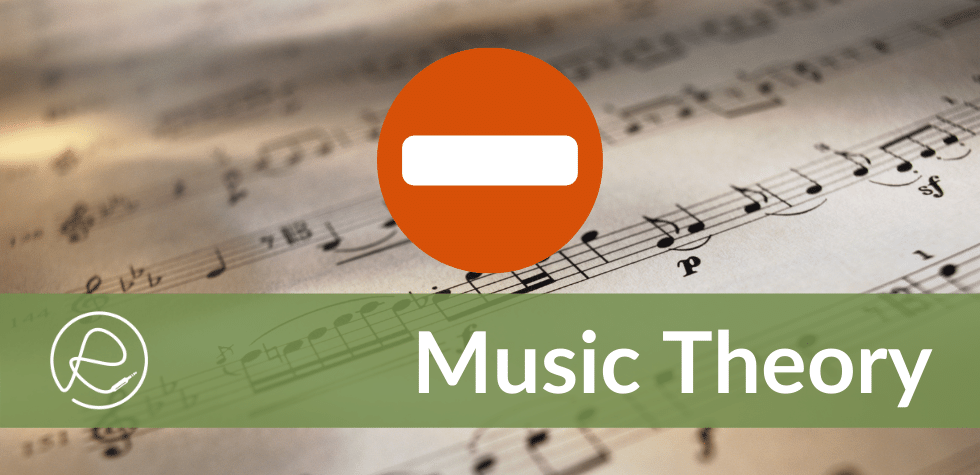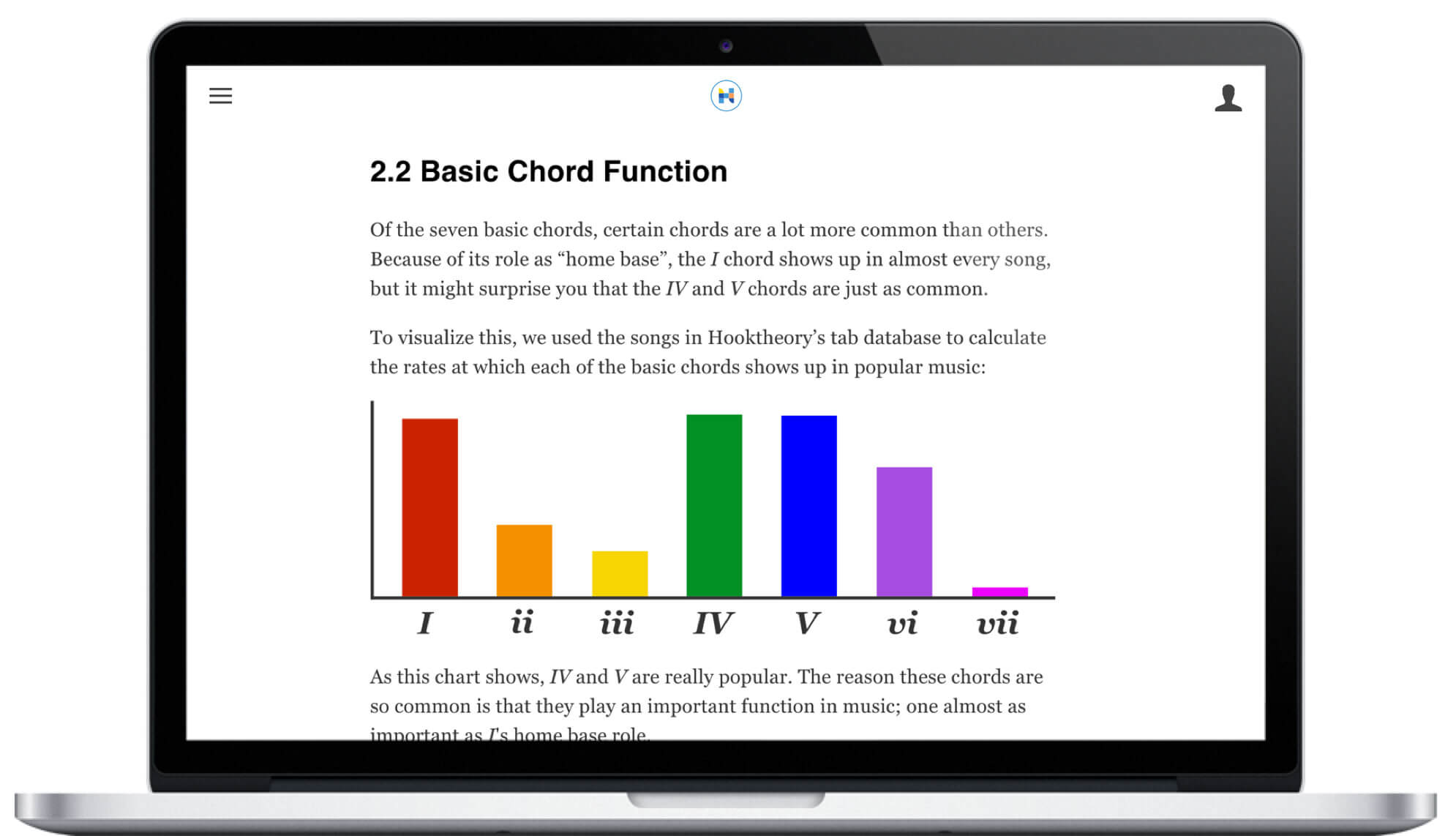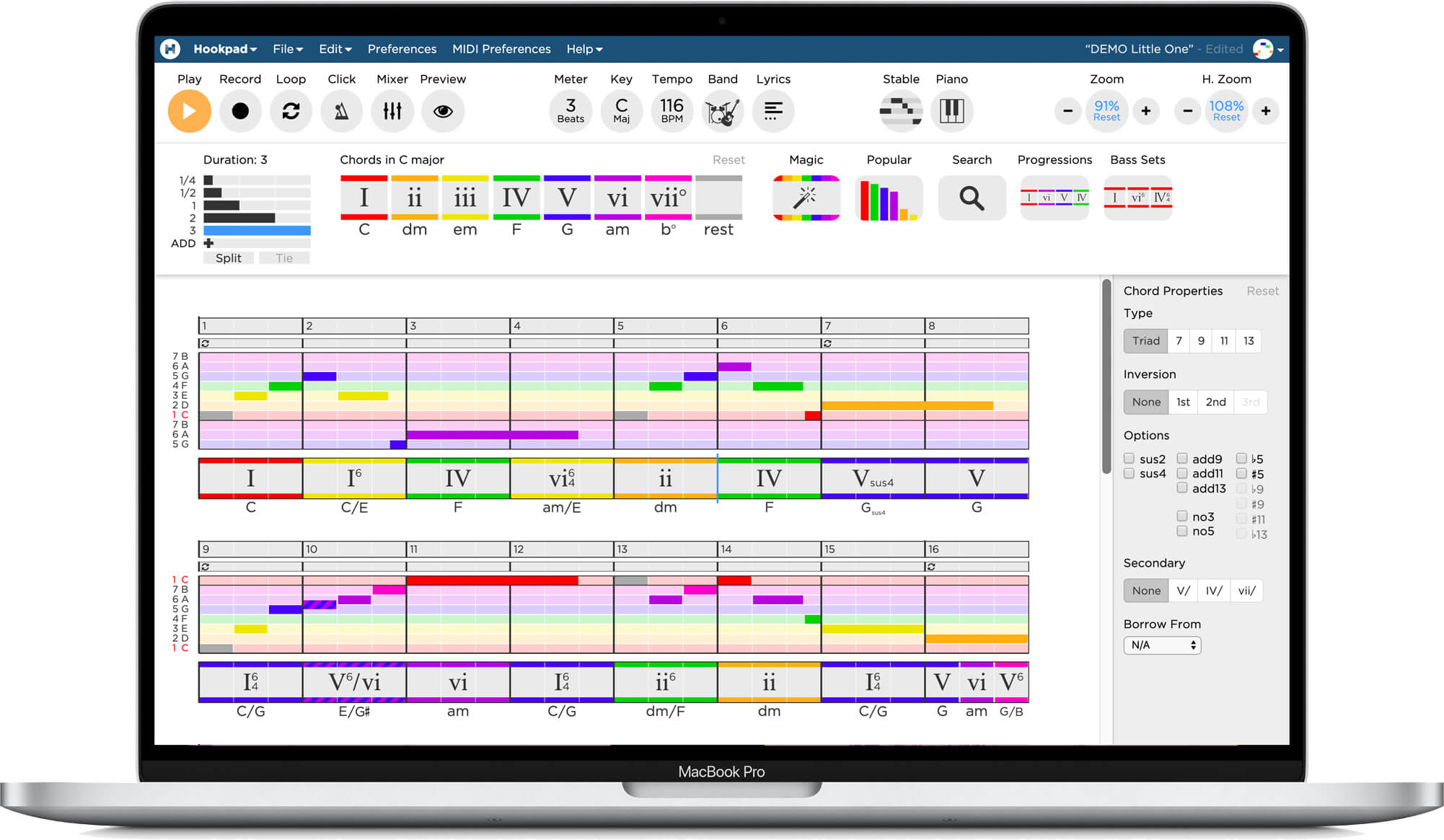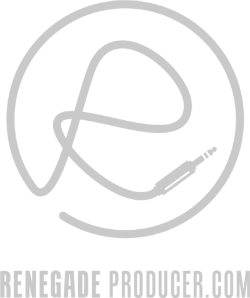25-step music production process checklist and video workshop >>>
How to Learn Music Theory as a Music Producer or Beatmaker? Forget About Old-Fashioned & Abstract Notation and Use This Fun, Easy, Practical and Intuitive Method Instead To Get The Best Results, Faster...

Why Even Learn Music Theory?
Do you need to learn music theory as a music producer or beatmaker? Yes!
Can you get away with not knowing basic music theory and still make good tracks? Yes, but...
... you'll be limited in terms of how fast you can work and also the musical options you'll be able to explore within your composition, songwriting and your general ability to express yourself through your music.
So, ignore all the music production forum "advisors" who tell you that it's not needed. They may mean well but if you're serious about your intention to produce professional music that you can be proud of, then basic music theory, or more accurately, a basic musical vocabulary is a definite must.
So, the only real questions you need to ask are:
- "How much music theory do I need to learn?" and..
- "What's the best way to learn the music theory I need to learn?"
To answer the first question, specifically for music producers and beatmakers, I suggest you check out this extensive post about the most basic music theory vocabulary you need.
In the post below you'll discover how to learn music theory with a method that is practical, fun and as easy as playing a game.
The method you'll uncover below also has the added benefit of teaching you basic songwriting and arrangement skills that will improve your abilities in the studio, fast.
Add to this the fact that you get built-in musical ear training and you'll soon realize why it's the most elegant and effective method for producers to learn music theory, without the need for wrapping your mind around the complexities of sheet music style notation.
Ready? Let's go! ...
Learn Music Theory: Quick Recap of What You Need to Know About as a Producer or Beatmaker
You'll know by now, at least if you've read the post I linked to above, that the music vocabulary you want to learn as a bare minimum includes the following:
- Beats & Bars
- Time Signatures
- Musical Notes
- Intervals
- Scales
- Chords
- Chord Progressions
Now, as you can imagine, even at this simple level it can get quite complex and take a little while to grok the concepts and particulars of each of these topics.
Now, while there are some great sites and videos available online to learn the basic details of each of these areas of music theory, very few of these resources pack as much as a punch as the one you'll uncover below. Most aren't as much fun either!
So, what is it we're talking about?
How to Learn Music Theory The Fast & Easy Way:
The music theory learning resource I recommend for producers and beatmakers is called Hooktheory.
Hooktheory provides interactive books and a musical sketchpad, called Hookpad, which, when combined gives you the ultimate way to learn music theory as a producer or beatmaker.
The team behind the company and resources are Chris Anderson, Dave Carlton and Ryan Miyakawa:

Hooktheory was developed by this group of friends while they were doing their PHDs at UC Berkeley. They have a long history of working together in the fields of technology, music, and education.
Their mission in their own words is as follows:
"We build software and interactive learning materials to help musicians
craft amazing melodies and chord progressions and gain a deep
understanding and intuition for how music works."
How to Learn Music Theory With Hooktheory
With Hooktheory you get 2 ways to learn music theory and composition and train your ears:
- The Interactive Books - Hooktheory I & II
- The Musical Sketchpad Software - Hookpad
The above options are available separately and you can also get all of them as a combo for a reduced price.
Monthly and yearly subscriptions are also available if that suits you better.
Hooktheory I & II - The Interactive Books
The Hooktheory book series consists of 2 interactive books, Hooktheory I and Hooktheory II.
The first book starts at the building blocks of scales and chords and then leads you through combining these before expanding to harmony, melody and chord inversions.
The second book then builds on the foundation of the first book with more advanced chords, embellishments, creative techniques and modes.
You'll learn all of the above in piano roll notation instead of sheet music styled notation which means it translates directly and easily to the way most of us work in DAWs. You also get the benefit of real-world song examples so you can see how the knowledge you gain in the lessons translates into practice by peeking under the hood of familiar popular tunes.
Hookpad - The Musical Sketchpad
Sure, you can write chord progressions and melodies directly in your DAW of choice. That's pretty easy if you know what you're doing. You know C can be followed by Am or G and it'll work. You know your circle of 5ths. You know your scales, your modes and how to layer all of that with some good variations over your chords. If not however...
... Hookpad can help you not only learn as you go, but also write chord progressions and melodies with guidance based on tried, tested and trusted techniques used by artists and professional writers and composers from musical time immemorial right up to modern-day pop hits.
I like that these guys are modest with their marketing language. I really respect that. That said...
It's pretty genius.
First, you get to easily write chord progressions that work based on time-tested musical principles.
Next, it helps you write a melody over your chosen chords and be sure that the notes in your melody works. You'll hear what I mean when you do it. This is not in any way a restrictive grid however. You can go for stable notes if that's what you want or dissonant harmonies if that's the flavor you like.
Done?
Now you get to translate this into something closer to the sound you want with a selection of built-in virtual instruments.
You also don't have to start from scratch every time because Hookpad has a searchable library of over 13000 hit songs which you can copy and paste and then modify to create something different from.
Once you're done you can export the MIDI of your composition for use in any DAW and also export it as sheet music, a lead sheet or a guitar tab.
The nifty Magic Chord feature suggests good chords by analyzing the chords you've already written.
So, in short, not only is Hookpad a powerful tool for composing chord progressions and melody lines, it's also a hands-on and fun way to learn music theory.
How to Learn Music Theory - Conclusion
You probably already know by now that it's entirely possible to learn all you need to learn about the basics of music theory from free online resources like websites and videos. So, why would you want to pay for something that's available for free?
The answer to this question, as you can probably imagine, lays in the benefits you get by using a method that's designed to make your learning faster, more effective and fun.
With Hooktheory you don't have to first learn how to read notes in the traditional sheet music notation. It's all piano-roll based just like you'll most likely be using in your DAW while producing music on a day-to-day basis.
The combination of excellent interactive educational content and a practical tool that allows you to experiment, train your ears and learn music theory as you go is where Hooktheory delivers value in spades.
I trust this post has explained a little why, when producers ask me how to learn music theory, I simply point to Hooktheory!
P.S. If you want to get any or all off the Hooktheory products and support RenegadeProducer.com at the same time, with no extra cost to you then please use this affiliate link to purchase:
Thank you for your support! Every little helps RenegadeProducer.com continue to deliver valuable content for producers like me and you.
Share this post. Spread the knowledge so other producers can benefit too:
- Renegade Producer
- Music Production
- How to Learn Music Theory
ⓘ Some pages contain affiliate links so I might earn a commission when you buy through my links. Thanks for your support! Learn more



